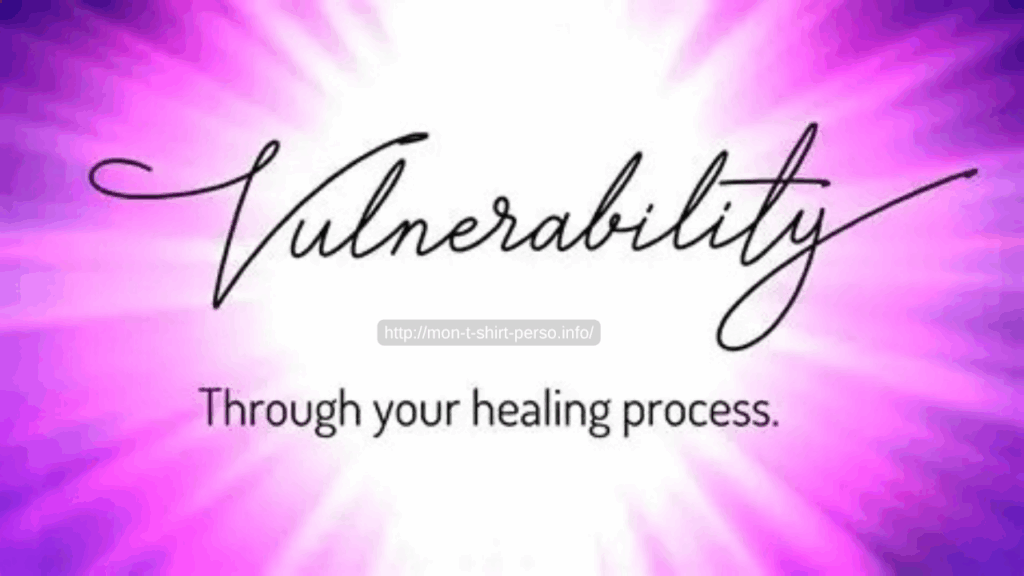
Embracing Vulnerability in Recovery
Recovery from addiction and mental health challenges requires more than changing behaviors. It demands courage, self-reflection, and the willingness to feel deeply. Vulnerability, often misunderstood as weakness, is in fact a key driver of long-term healing. Allowing yourself to experience and express emotions authentically creates opportunities for growth, connection, and resilience.
At [Name of Website], we support individuals in embracing vulnerability through compassionate, client-centered care. Our programs integrate inpatient and outpatient treatment, holistic therapies, and faith-based guidance to help clients safely navigate the complexities of emotional expression.
The Strength Behind Vulnerability
Many people entering recovery have spent years masking their emotions, believing that showing feelings would make them appear weak or unstable. In reality, suppressing emotions increases stress, anxiety, and the risk of relapse. Vulnerability allows individuals to process emotions constructively rather than avoiding them.
Key Benefits of Vulnerability in Recovery
- Enhances emotional awareness: Recognizing feelings is the first step toward understanding triggers and patterns.
- Strengthens relationships: Authentic expression fosters trust and deeper connections with counselors, peers, and loved ones.
- Reduces emotional burden: Sharing struggles prevents internalization and emotional overload.
- Supports resilience: Facing emotions directly builds coping skills and confidence in managing challenges.
Creating Safe Spaces to Practice Vulnerability
For vulnerability to be healing, it must occur within a safe and supportive environment. Treatment programs that encourage open dialogue and holistic practices give clients the freedom to explore emotions without judgment.
How Safe Spaces Encourage Healing
- Therapeutic guidance: Licensed counselors provide structure and support for emotional expression.
- Peer support groups: Group sessions allow clients to connect with others who understand their journey.
- Holistic approaches: Art, music, mindfulness, and meditation create nonverbal outlets for feelings.
- Faith-based support: Spiritual reflection and prayer help clients integrate emotional experiences with personal beliefs.
- Individualized care plans: Tailored programs address each client’s unique needs and pace of emotional growth.
Practical Strategies to Build Emotional Courage
Vulnerability is a skill that can be developed over time. Small, intentional steps help make authentic expression a natural part of recovery.
- Start with reflection: Journaling or mindfulness exercises can identify emotions before sharing them aloud.
- Share incrementally: Begin by expressing one feeling with a trusted counselor or peer.
- Use active listening: Engaging with others’ experiences can increase comfort with your own vulnerability.
- Practice self-compassion: Accepting your emotions without judgment reinforces confidence in expressing them.
- Incorporate creative outlets: Painting, music, or movement can communicate feelings that are difficult to verbalize.
The Power of Feeling
Vulnerability is not a sign of weakness but a gateway to deeper healing, personal growth, and sustained recovery. By embracing your emotions in a safe and supportive environment, you strengthen your resilience, improve your relationships, and create a solid foundation for long-term wellness.
At [Name of Website], we provide individualized care that encourages clients to explore vulnerability safely, integrating holistic, faith-based, and professional guidance throughout the recovery process. If you are ready to take the next step in your journey, reach out today. The courage to feel may be the most powerful tool in your path to lasting recovery.
0 Comments